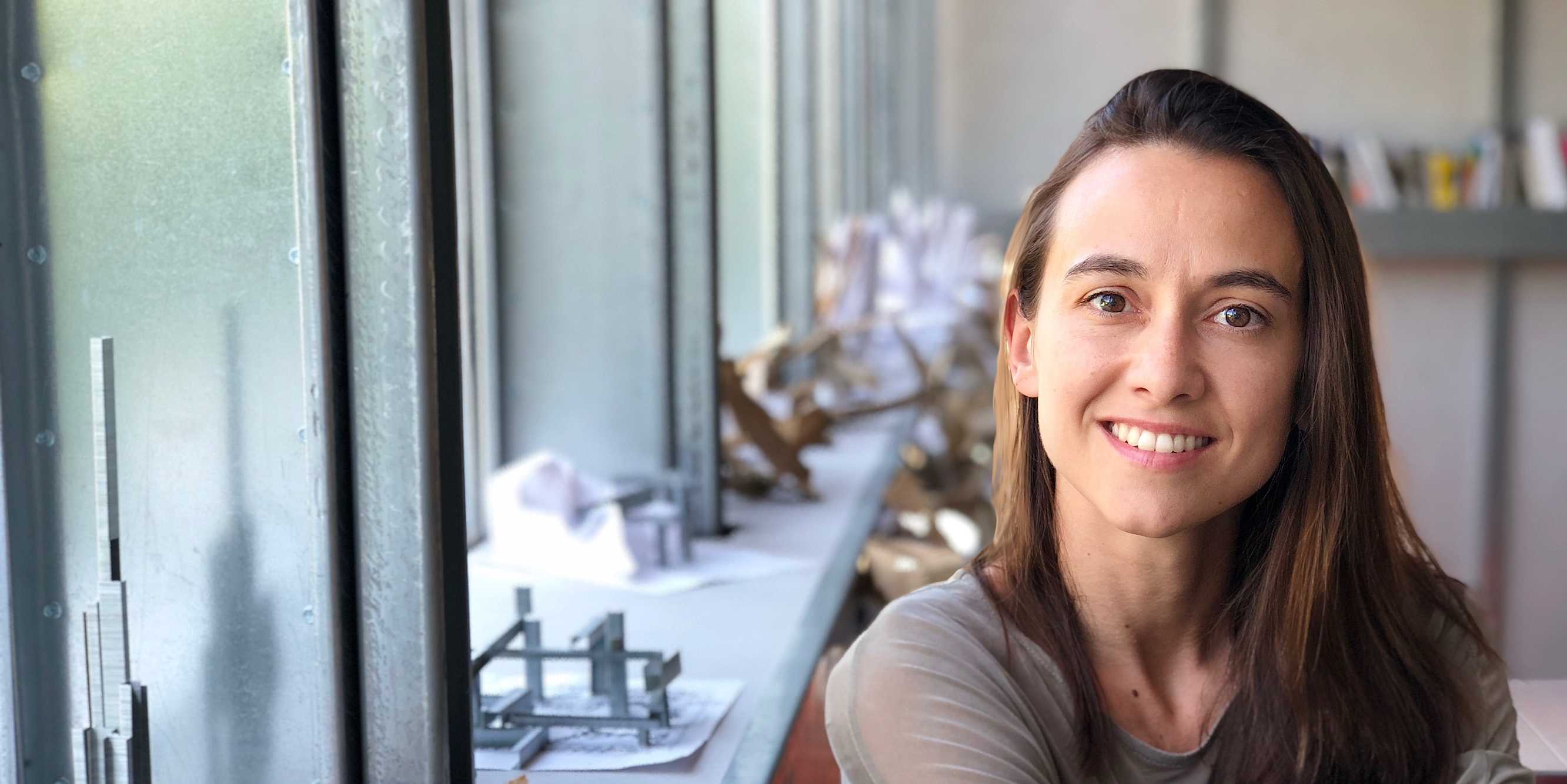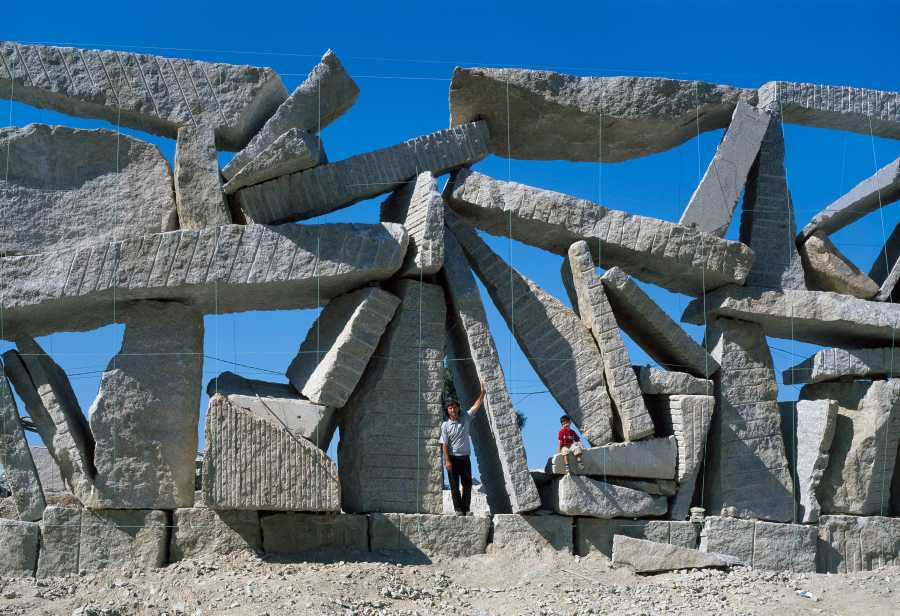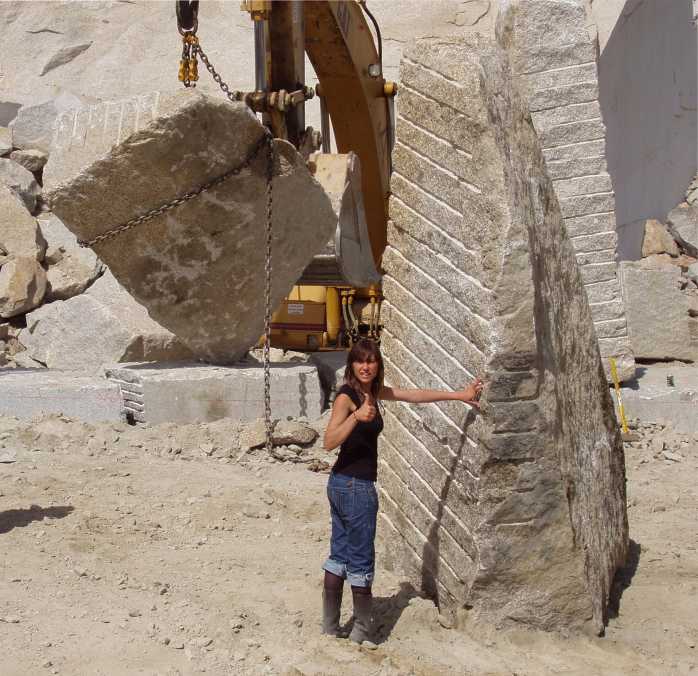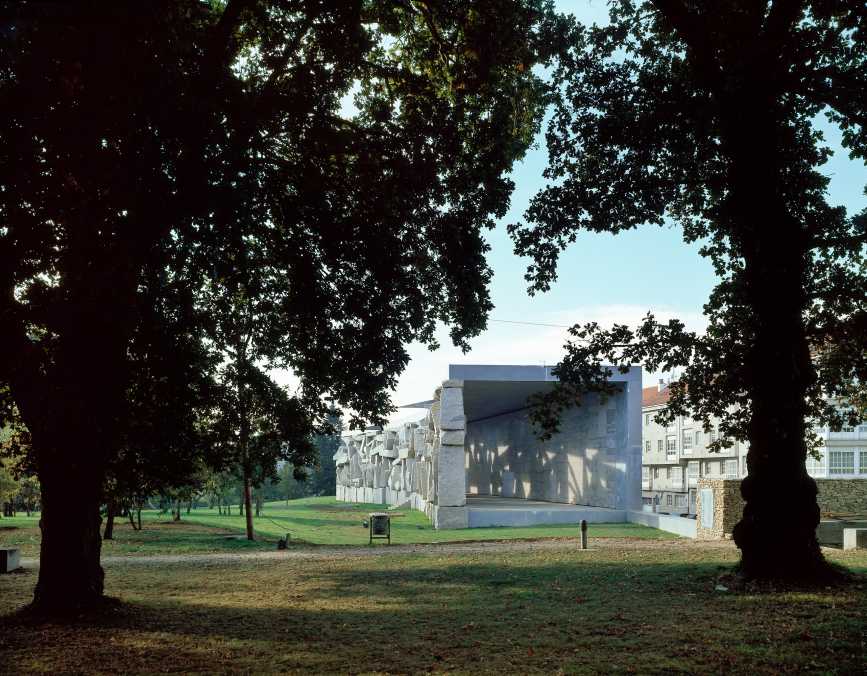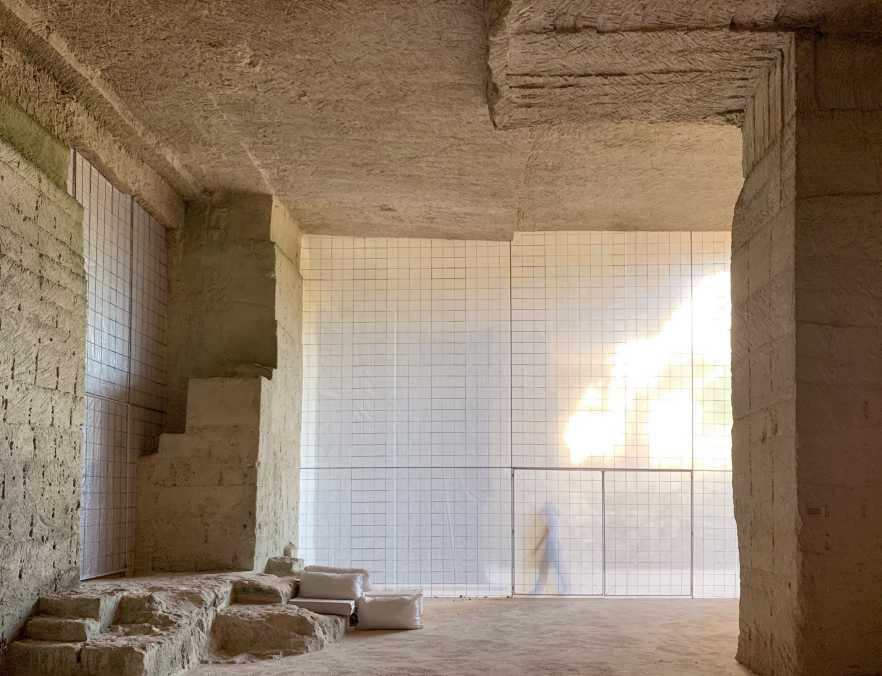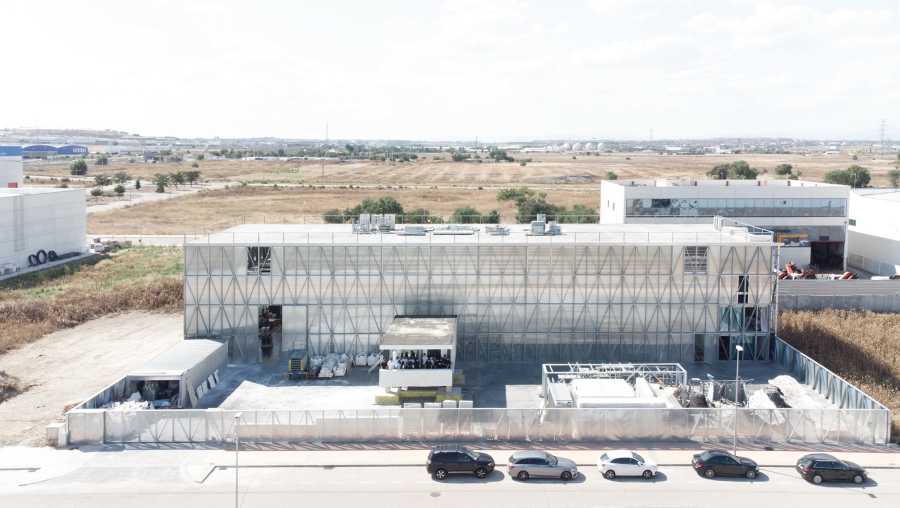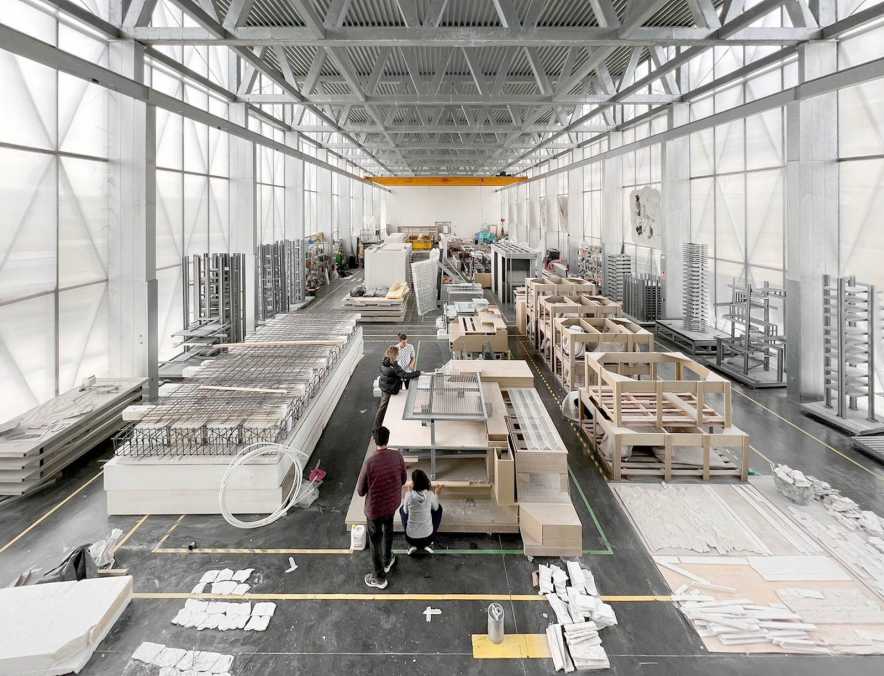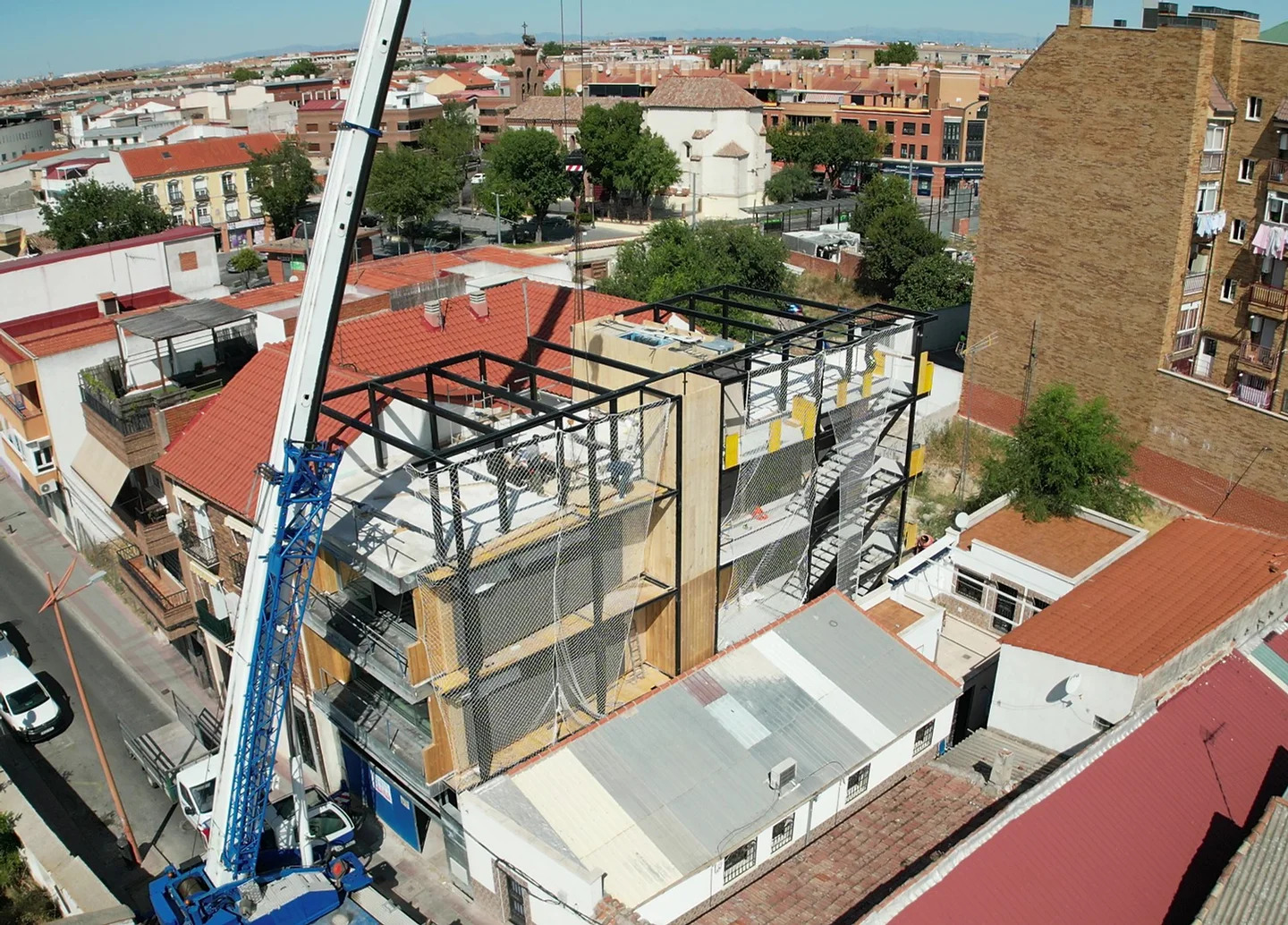The manipulation of mass and material is at the center of her career. Débora Mesa Molina studied architecture at the Polytechnic University of Madrid, where she also completed her doctorate studies. In 2003, she joined Ensamble Studio, and started her professional journey together with her partner Antón García-Abril in Madrid. After a decade of projects in Spain, the practice expanded to Boston. Their projects deal with the raw and physical aspect of architecture, but also focus on the optimized manufacturing of its parts. In 2015, the office built a house in Brookline, MA, with large, prefabricated elements, that were shipped from Spain to the USA.
In 2012, Mesa co-founded the POPlab – Prototypes of Prefabrication – at the Massachusetts Institute of Technology, where the architect and her team did research on construction technologies and developed an industrialized system for affordable housing. “The risk of AI and other computational technologies is that architects, who are not trained in construction, might be largely left out from the practice of architecture once creativity becomes widely available”, Mesa says. “But architects are very necessary for the built environment because we have holistic knowledge and sensibilities that we bring to the table, and we care deeply about building well.” The architect and her team wanted to scale up their solution and in 2020 co-founded the startup WoHo, short for world homes. “The aim is to make quality, economy and ecology compatible, and the construction process much more lean."
